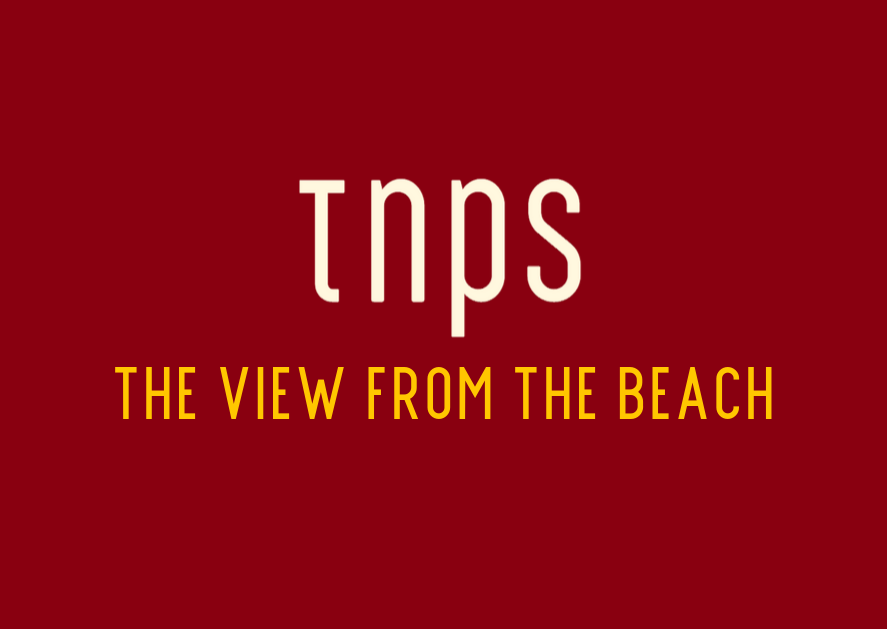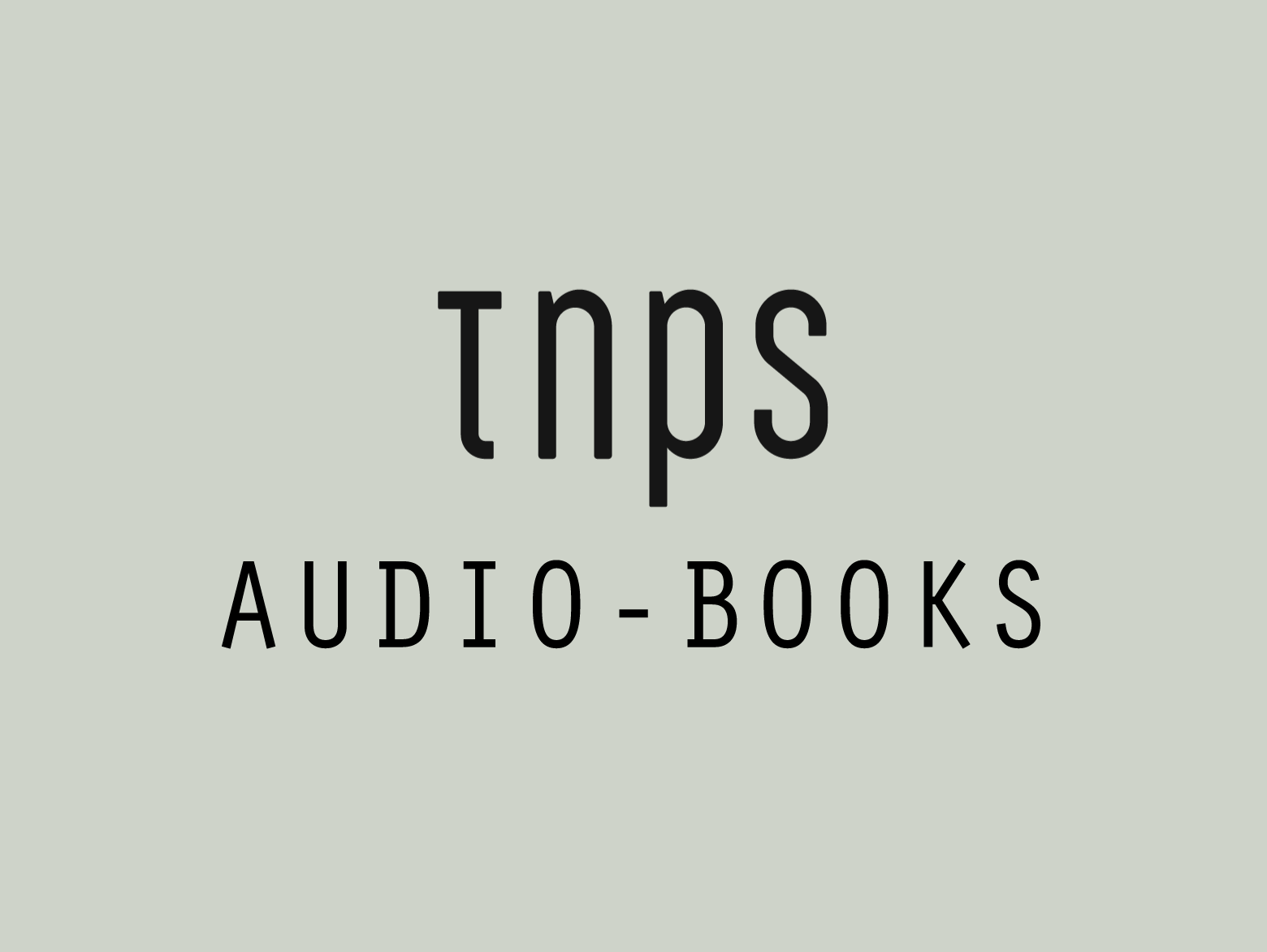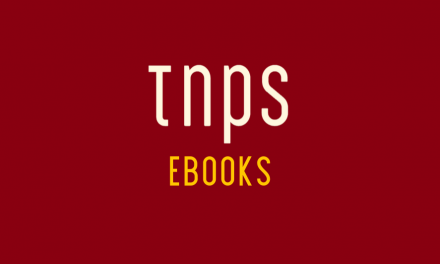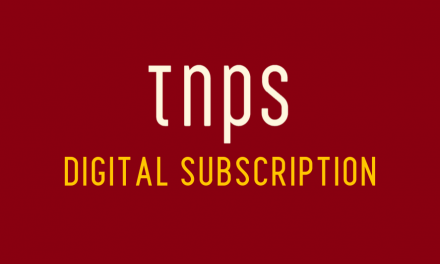Milliott’s latest report on the struggling US print market for PW is one of so many it would need a book just to list them, and of course the story is being retold across many other mature markets, where one-off bonanzas (Britney Spears, Prince Harry, etc) are all that keep a glimmer of optimism on show.
“Sales Remain Sluggish for (US) Big Book Publishers” says PW’s Jim Milliott. “Three of the Big Five publishers (struggled) through the first nine months of 2023, as the industry coped with sluggish sales and rising costs.”
Milliott adds, “While sales were down only slightly in the period, earnings dropped at a faster rate, but executives were hoping for a strong finish for the year.”
The Christmas/Holidays book-buying bonanza is an annual light at the end of the western publishing tunnel, of course. But what are we to make of the slump in demand for books that the industry is seeing across so many mature markets?
How is this even possible, when former PRH CEO Markus Dohle has told the world as recently as May 2023 that “Physical bookselling is having a great renaissance.”
Dohle added: “I’m very optimistic about the future of a diverse books retail landscape going forward, and that is really an important takeaway…The physical format has prevailed over the last 50 years. It’s getting a lot larger, and that doesn’t show any signs of weakness. It’s quite the opposite.”
But as we’ve seen throughout the year, week after week, month after month, print sales are not “getting a lot larger,” and most definitely are showing “signs of weakness.“
Milliott’s latest report on the struggling US print market for PW is one of so many it would need a book just to list them, and of course the story is being retold across many other mature markets, where one-off bonanzas (Britney Spears, Prince Harry, etc) are all that keep a glimmer of optimism on show.
None of which is to suggest the sky is falling. The industry will ride out this trough and find its next crest soon enough. Publishing has always been a rollercoaster ride.
Digital barely gets a mention, as ever, but an exception is made for News Corp-owned HarperCollins where, per Milliott, “Digital sales increased 3% in the first quarter of fiscal 2024, led by digital audiobooks, which accounted for 45% of digital revenue, and the company expects sales of the format to continue to grow.“
In fact audiobook growth had been slowing, but with Spotify Premium already available in the UK and Australia and this past week in the USA, we can safely assume audiobook revenues for traditional publishers will surpass ebook revenues for traditional publishers in the near future.
No-one should be surprised there. Audiobooks are hellishly more expensive then ebooks, and all audiobook sales are counted by the industry, while a huge proportion of ebook sales are conveniently ignored.
Does that make audiobooks more popular than ebooks? That’s like asking if caviar is more popular than baked beans, or if a Rolls Royce is more popular than the latest Ford family saloon. You have to sell a lot of the latter to equal the revenue of the former. But if a Roller was priced the same as a family saloon… Meaning revenue is a dumb guide to the health of the publishing industry or the popularity of a format, and tells us nothing about profits and sustainability, and even less about how the people that matter, the creators, are doing.
The reality is, ebooks are way more popular than audiobooks and will remain so so long as high audiobook prices constrain the market. This from Jim Milliott in February 2023 referencing the 2022 publishing year.
“The most popular format in terms of units was e-books, with unit sales rising 8% in 2022, to 526 million. Unit sales of audiobooks increased 23%, to 188 million units, and print unit sales fell 1.3%, to 403 million.”
Milliott added: “Self-published titles accounted for 51% of all unit sales and 34% of revenue in 2022.”
Curiously Markus Dohle never mentioned that in his May speech at Sharjah. Must have slipped his mind.
But let’s return briefly to the 2023 numbers, where, per Milliott, News Corp CEO Robert Thomson was “extremely bullish on Spotify’s U.S. digital audiobook launch, which was announced last week, declaring that he’s ‘genuinely confident’ Spotify’s entrance into the market will bring benefits to authors and readers.“
A refreshing take on publishing reality from Thomson, and in stark contrast to Dohle’s morbid fear of all things Swedish and anything that might suggest digital works.
This was Markus Dohle in 2021, talking to Philip Jones at the UK trade journal The Bookseller.
Whined Dohle: “Look at these investments this week: big bucks flowing into the United States publishing industry, Storytel and Spotify entering the scene.”
A reminder that, at that exact same time, Dohle was heading the bid by Bertelsmann to flow over $2 billion of German big bucks into the US. The combined Swedish cash amounted to just $257 million.
With bitter irony for the Emperor, the Storytel and Spotify deals faced no legal challenge, and Spotify has just this month launched its Premium subscription audiobook service in the US space where Dohle sought supremacy.
Did I say “subscription”? Dohle on subscription: “When it comes to subscription, I am convinced that in the long run it is not good for author income, it is not good for retail.”
Luckily for the industry, the new PRH CEO Nihar Malaviya read the TNPS memo on this issue –
and PRH is fully on board with the new Spotify premium subscription service.
A TNPS deep-dive into that story shortly, alongside the other big audiobook news for the US, which is Amazon using its coterie of high-performing indie-authors to test-drive AI-voiced audiobooks on Audible, because those two stories together make up another seismic shift in the publishing landscape.
Meanwhile, read Milliott’s full report, with more juicy EBIDTA, margins, operating incomes, revenue ups and downs and CEO quotes than you can shake a stick at.
#USbookmarket #USpublishing #USaudiobookmarket #USebookmarket





Sobering statistics, Mark.